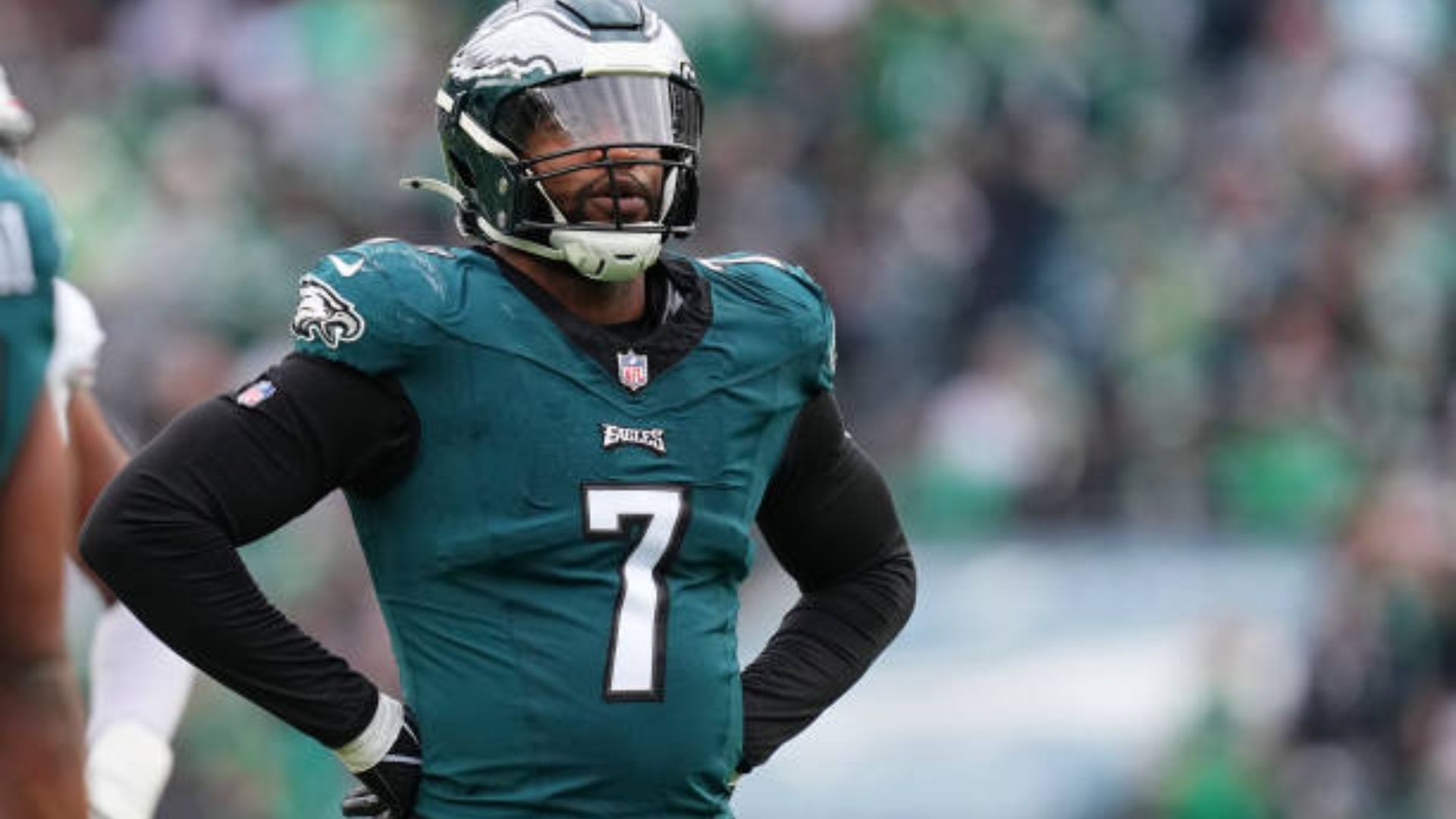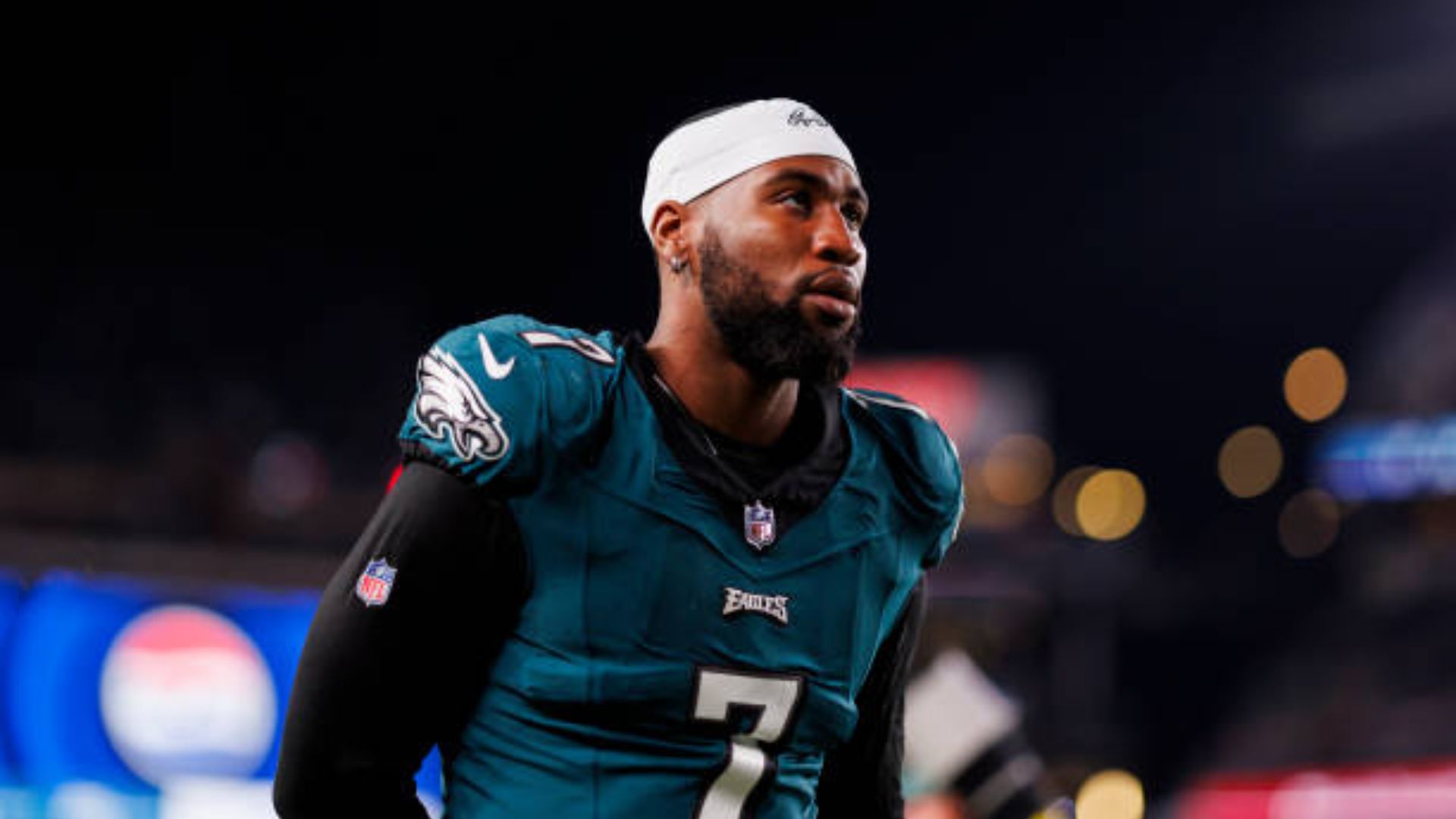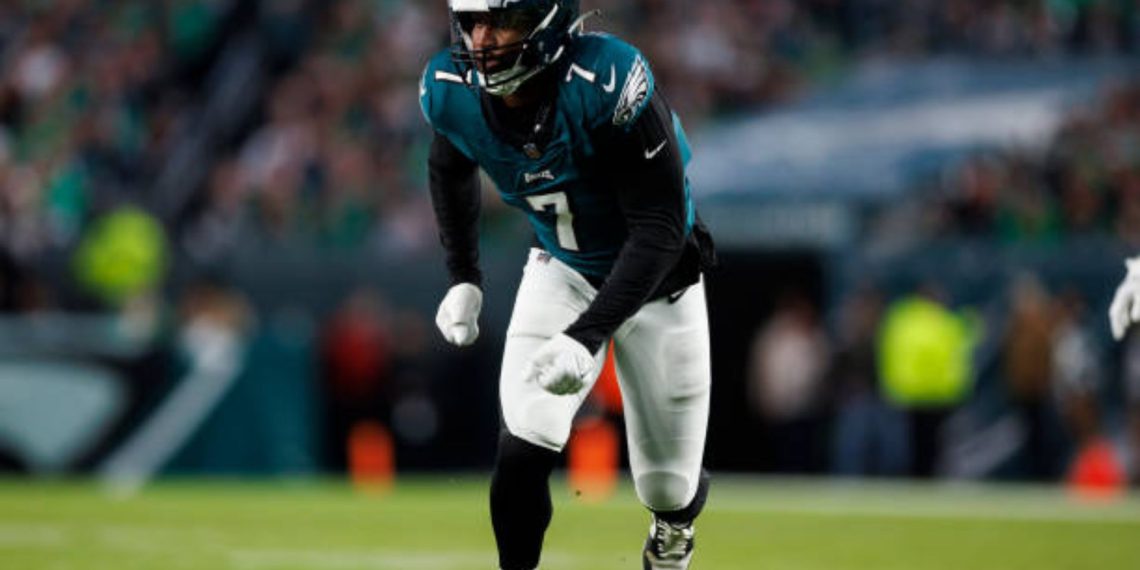The Philadelphia Eagles’ decision to trade Haason Reddick to the New York Jets underscores a significant shift in their pass-rushing strategy. Despite Reddick’s consistent performance and value to the team, the Eagles opted to part ways, citing financial considerations and future prospects.
Reddick’s desire for a pay raise was understandable, given his impressive track record as one of the league’s top pass rushers. However, with the Eagles unwilling to meet his salary demands, they chose to trade him to the Jets for a conditional 2026 draft pick, potentially escalating to a second-rounder based on Reddick’s performance metrics.
While the trade may benefit the Eagles in terms of draft capital, it represents a substantial gamble for the team’s pass rush. Reddick’s departure leaves a significant void in Philadelphia’s defensive lineup, particularly with the retirement of Fletcher Cox. Despite a lackluster finish to the 2023 season, Reddick remained a standout performer, showcasing his ability to disrupt opposing offenses.

The Eagles had the option to restructure Reddick’s contract, allowing him to play out the 2024 season and potentially contribute to the team’s Super Bowl aspirations. With a formidable pass-rushing trio of Reddick, Bryce Huff, and Josh Sweat, Philadelphia could have maintained a dominant defensive front, bolstering their chances of success in the postseason.
Instead, the Eagles are banking on Huff’s potential to replicate Reddick’s production, despite his relative youth and limited experience. Additionally, the team is placing faith in the development of young talents like Nolan Smith and free agent acquisition Zack Baun to fill the void left by Reddick’s departure.

While the Eagles’ decision reflects a forward-looking approach, prioritizing future production over past accomplishments, it carries inherent risks. The success of their pass rush hinges on the ability of players like Huff and Sweat to step up and deliver under pressure, alongside the continued development of promising prospects.
Ultimately, the trade represents a calculated gamble for the Eagles, one that could pay off handsomely if their young talent fulfills its potential. However, the departure of a proven playmaker like Reddick leaves a significant void in Philadelphia’s defensive lineup, raising questions about the team’s ability to maintain its competitive edge in the upcoming season.





